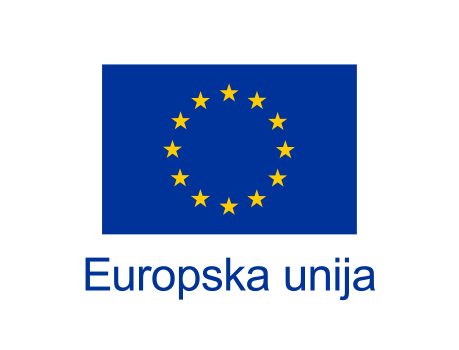How many times have you checked the origin of goods when buying products on store shelves? In such situations, do you prefer to see that these are foods of Croatian or foreign origin? Do you know what happens to groceries that are damaged during transportation and why they don’t end up on store shelves? These are just some of the questions answered by the domestic company “VeeMee”, which was founded in 2017 with the aim of increasing and improving the agricultural market in the country. The founders of the company are Marko Kozjak and Nikola Vido, and the interesting name is carefully defined in the context of Vi – Mi relations, where Vi – market participants, and Mi – VeeMee, a company that provides transparent and relevant information between market participants. In addition to enabling farmers to be seen on the market, coordinating foods that could become food waste due to their damaged appearance, the VeeMee team is diligently preparing its own special cryptocurrency. We found out exactly what this is about from the co-founder and director of VeeMee d.o.o. Marko Kozjak.
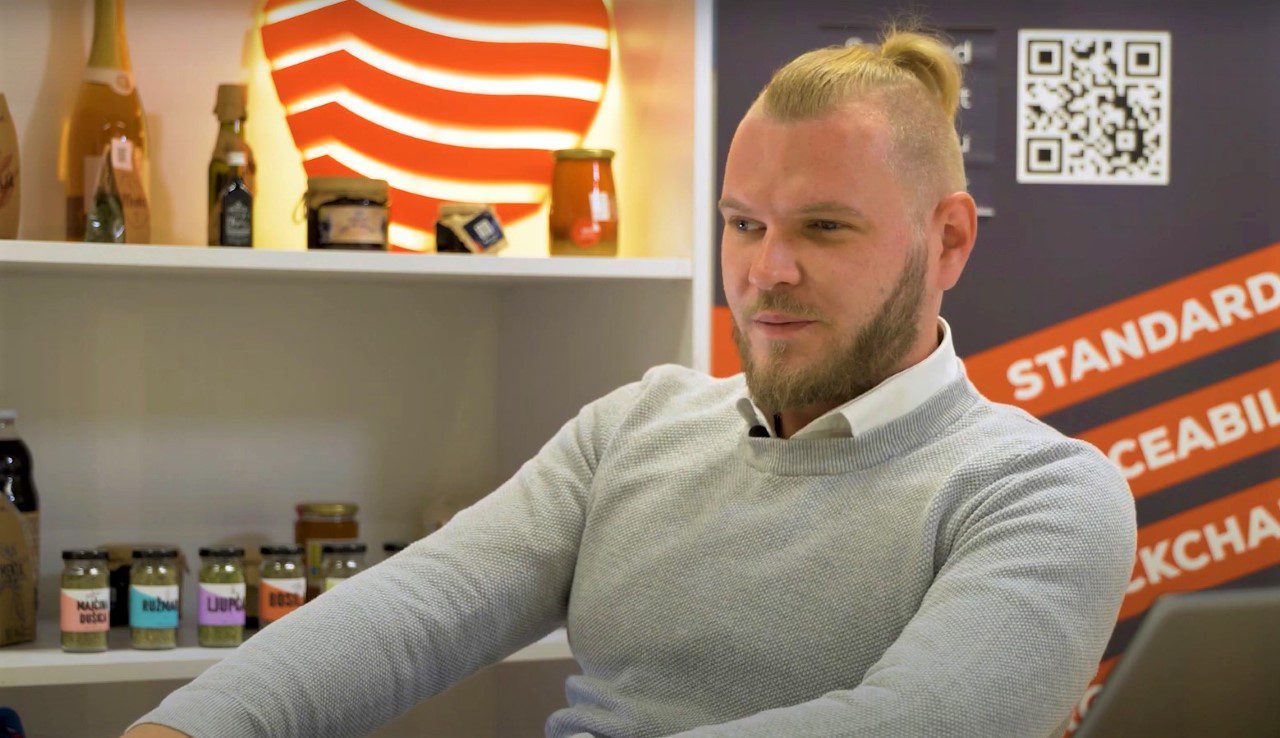
For a start, can you tell our readers what VeeMee is?
VeeMee was established in Croatia with the aim of increasing and improving the agricultural market in the country with an emphasis on strengthening the competitiveness of food products grown on family farms, which will be strengthened by our neutral designations of origin. By scanning the label, every consumer equipped with a smartphone can access the PID of the product – which is a label for the manufacturer’s profile/identity. PID profiles are located on our platform and contain all standardized/relevant information about the origin of the product, its manufacturer and distributors.
Can you explain to us what exactly is going on with products that “on first sight” don’t seem worth standing on store shelves?
Products that do not meet standardized quality criteria are returned to the country of origin, ie the manufacturer/purchaser. Based on calculations with our business partners, 70% of refunds are caused by logistics (damaged box, non-standard packaged food, damaged EU pallet, declaration, etc.), while 30% of refunds are caused by food quality, ie refunds due to a certain standardized percentage allowed damaged food.
When a food technologist doesn’t give the green light to put those foods on the shelves, then what is your role in that? What do you do then?
After the return, the food is taken to the central warehouse, and according to the instructions of the technologist, the food is prepared to meet all the criteria of quality standards and logistics. Sometimes these are minor corrections such as changing damaged EU pallets or boxes and connecting the goods so that they are not damaged during deployment. In a smaller part, it is about sorting or sorting food, ie separating class I from class II goods.
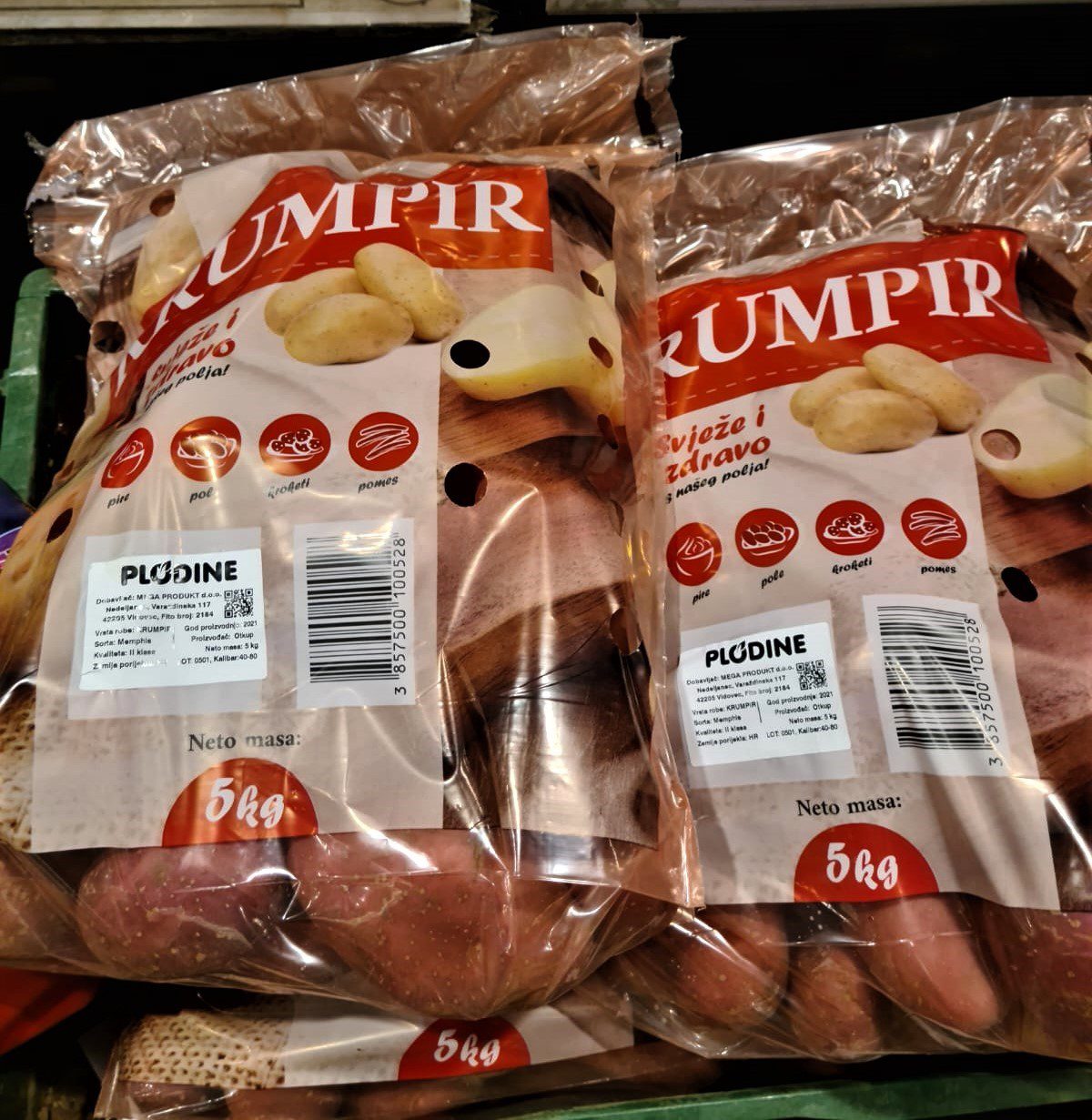
How many such products make unnecessary food waste? How many of you have managed to save such groceries so far?
All goods that are outside the quality standard are potential Food Waste. In the fresh assortment of goods (fruits and vegetables), the quality is visibly expressed due to the short “shelf life”, ie short shelf life. We process an average of 750 tons of food a year, so far we have exceeded 2000 tons.
How do you comment on the recent research of the Ministry of the Economy and Sustainable Development, which brought devastating data on how even half of the waste in Croatia is food?
This is not only a problem for Croatia but for the whole world. A total of 1.3 billion tons of food is thrown away. We can praise the initiative to try to make people aware of the global problem, at least through small doors. Unfortunately, we live in an age of consumerism where everything is available 0-24 so we buy more than we need.
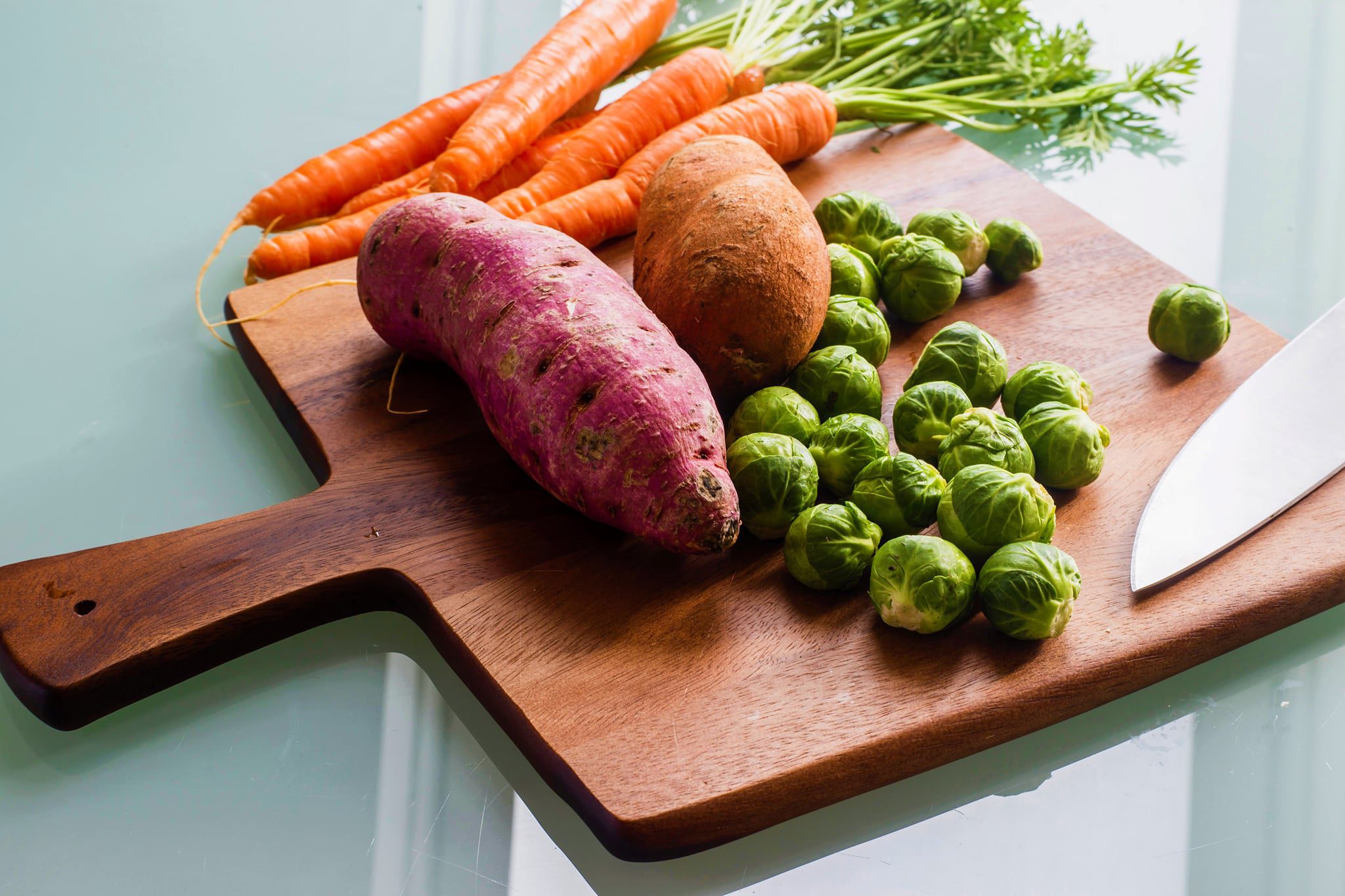
Who can address you all?
They can contact us: crafts, farms, companies engaged in agriculture. In principle, all those who are in some way related to agriculture, because we envisioned the platform as an online database for farmers where the end customer can check the origin of the product, and finally contact the producer and buy the product from him.
What is the interest of domestic producers in increasing market visibility?
Interest is growing day by day! We are happy when farmers call us and say that someone contacted them because they saw his ad that we do through marketing campaigns or clicked on his QR code. It just means that the customer recognizes Croatian farmers, appreciates their work and most importantly trusts them.
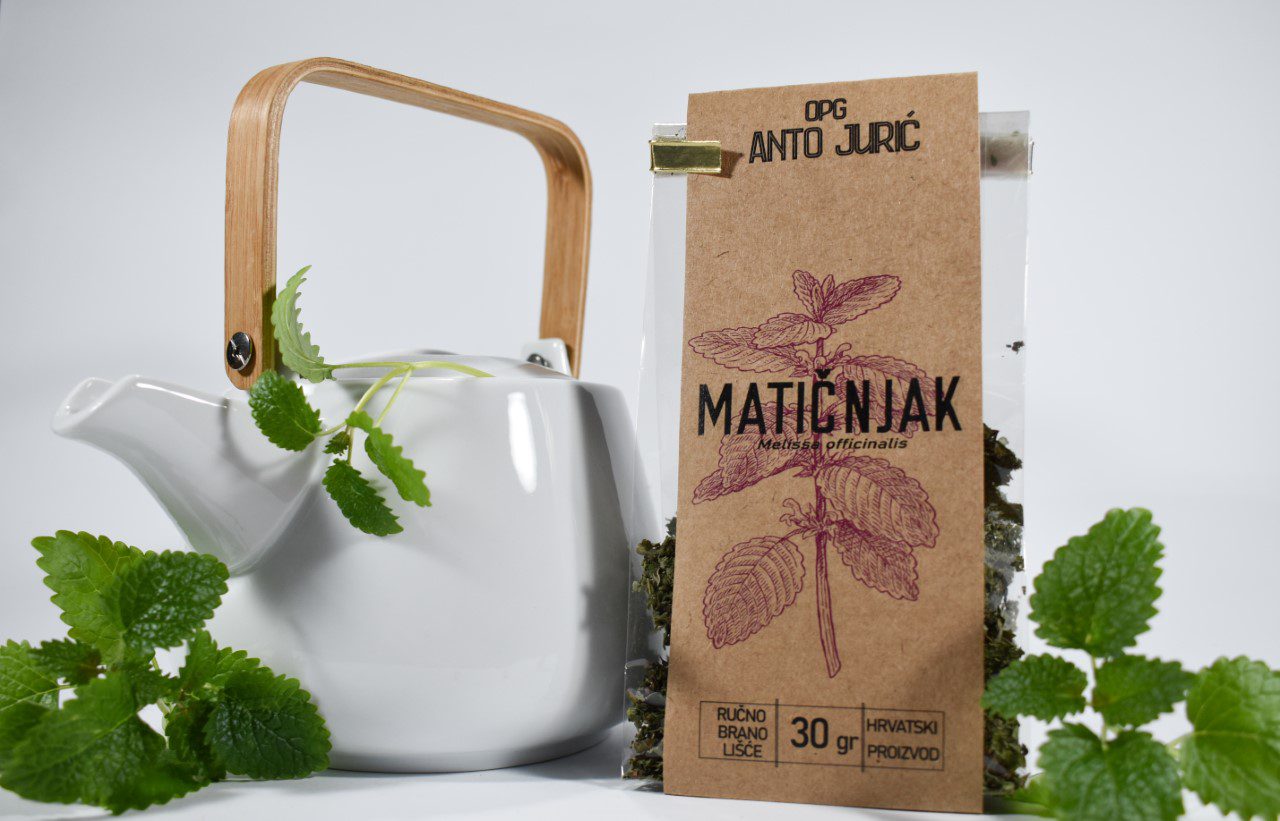
How can we discover the origin of a product through VeeMee?
Very simple! Everyone who is on our digital platform, in addition to an open profile and marketing promotion, also received a PID, ie the identity of the manufacturer associated with the QR code. The QR code is on their product, and it is enough for the customer to turn on the camera on his mobile phone and go over the QR code that leads him to the farmer’s profile. So far, our traceability of data via QR codes has exceeded 25,000 tons of food circulating not only in Croatia but throughout Europe. We are extremely happy because it is an indication that our efforts have paid off and we are basically most proud when we see that people recognize what traceability means and that they care about what they put on the table.
Do you think that Croats are familiar enough and interested in finding out what they actually buy and consume?
I don’t think they are familiar enough because this is a process that will take many years. We are visibly moving towards that goal where the customer will ask himself who, what, where and how much he produces and thus request quick information available on the product.
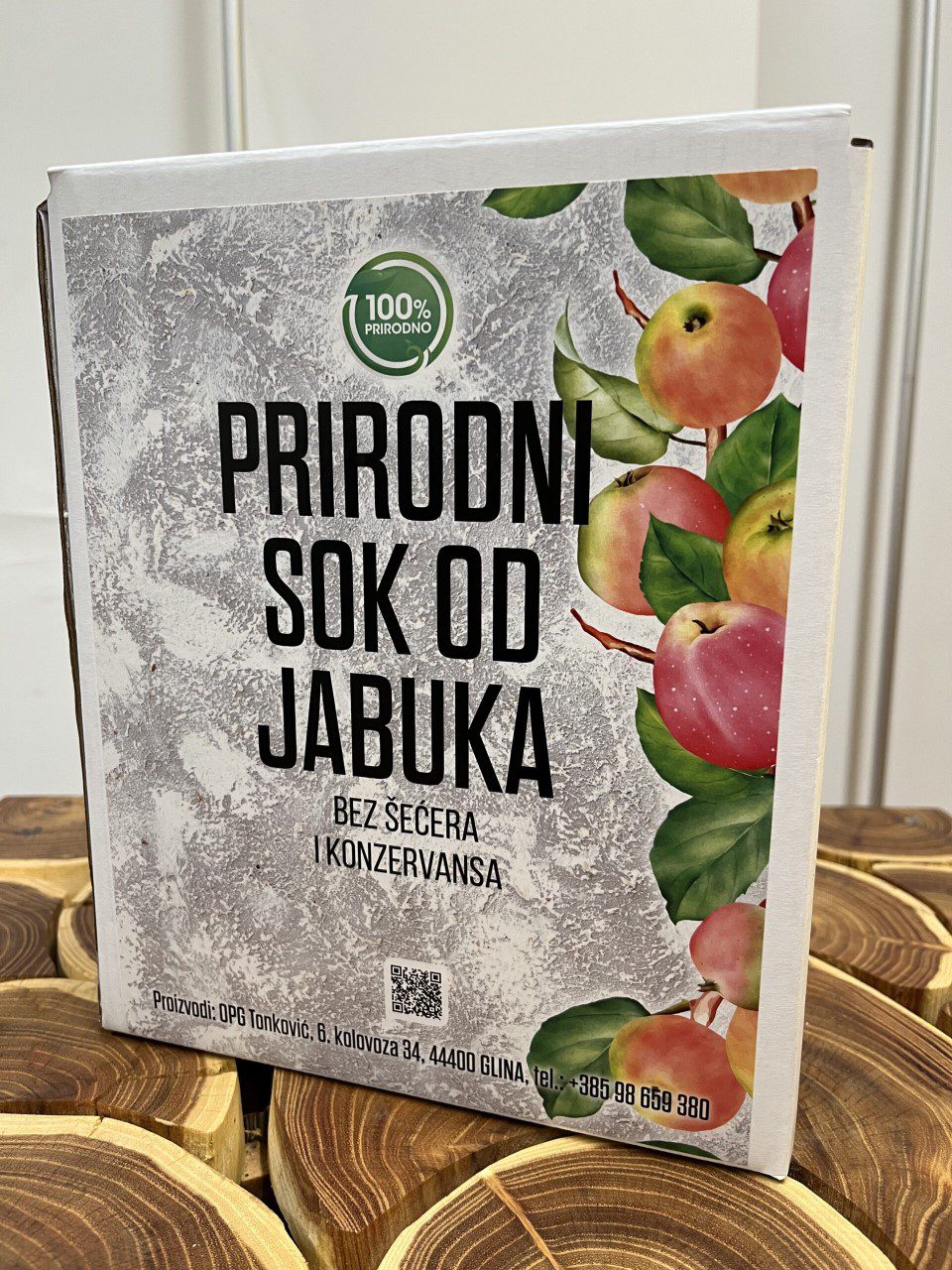
Are you preparing any additional projects in the future as part of your platform?
We are currently in negotiations with an investor on a project that came up as an idea three or four years ago. But in recent months we have been working intensively on “grinding” the details. We want to launch IDO or Initial DEX Offering. It would be our cryptocurrency that would be closely linked to the story of sustainability, reducing CO2 emissions and our green components. What would make the VeeMee cryptocurrency special is that it would rely on the physical work we do every day, rather than some completely virtual story that is not “tangible”.
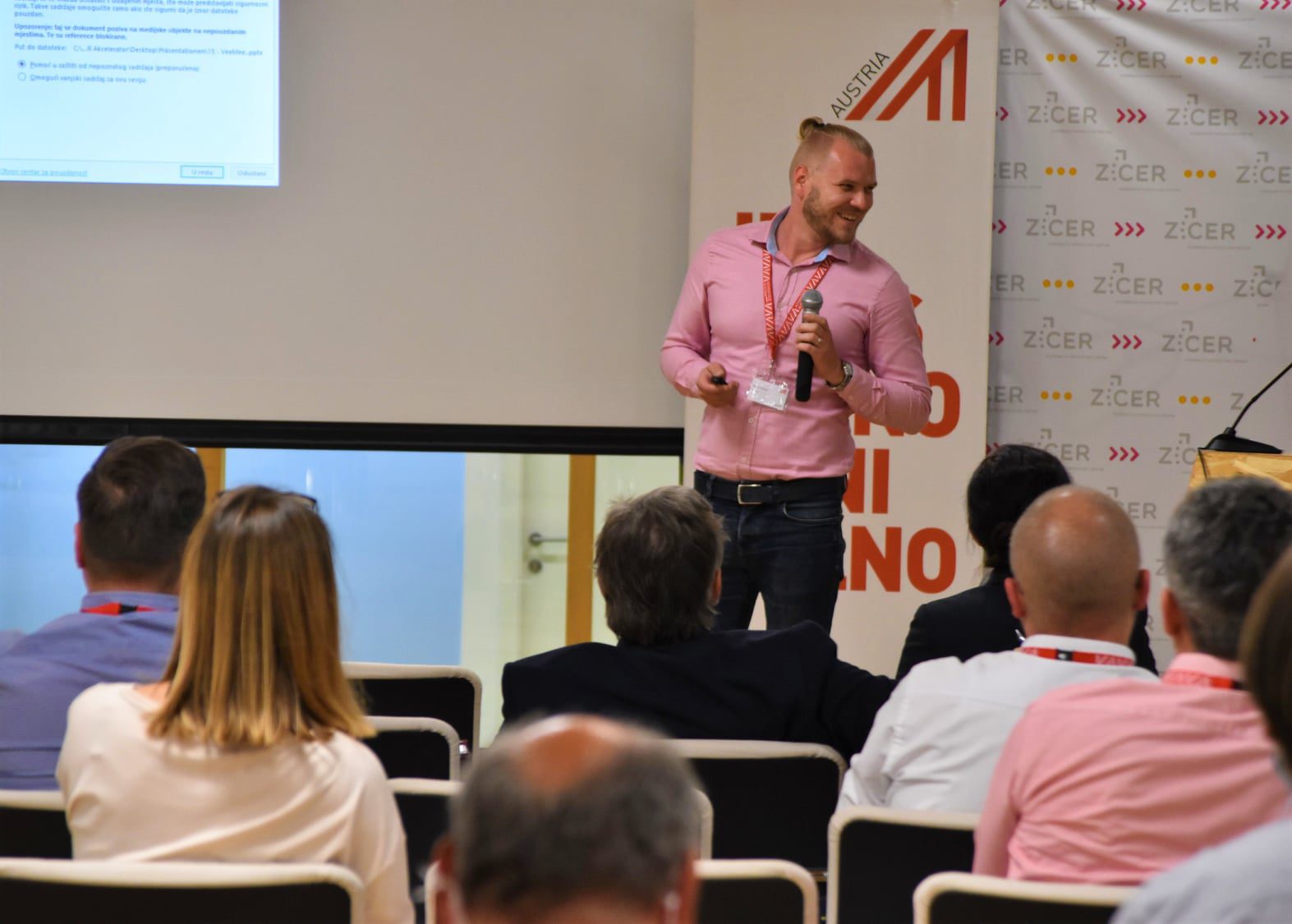
Source – Green.hr – https://green.hr/mislite-li-da-znate-sto-jedete-veemee-je-domaca-digitalna-platforma-koja-ima-odgovore/





 FACEBOOK
FACEBOOK
 TWITTER
TWITTER
